Jalal Rezaeenour
A Systematic Literature Review on Process-Aware Recommender Systems
Mar 30, 2021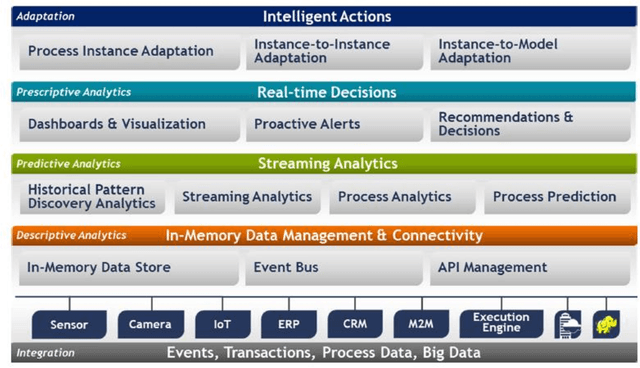
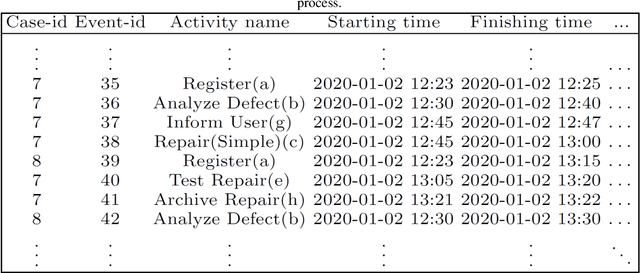
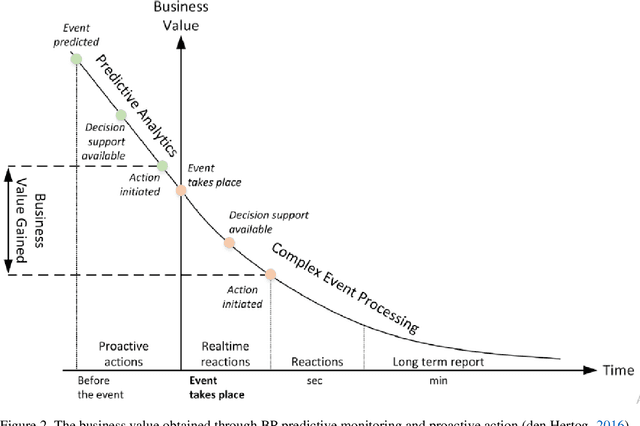
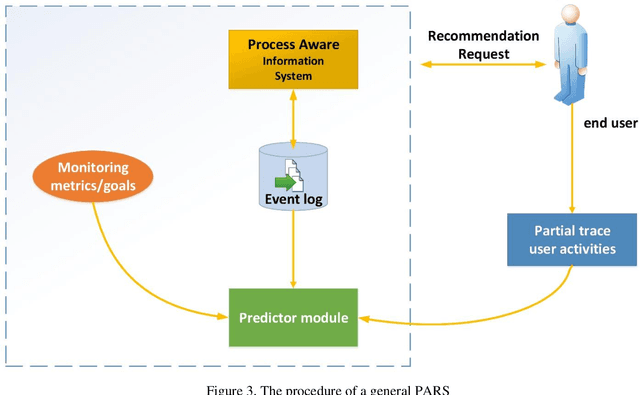
Abstract:Considering processes of a business in a recommender system is highly advantageous. Although most studies in the business process analysis domain are of descriptive and predictive nature, the feasibility of constructing a process-aware recommender system is assessed in a few works. One reason can be the lack of knowledge on process mining potential for recommendation problems. Therefore, this paper aims to identify and analyze the published studies on process-aware recommender system techniques on business process management and process mining. A systematic review is run on 33 academic articles published between 2008 and 2020 according to several aspects. In this regard, we provide a state-of-the-art review with critical details and researchers with a better perception of which path to pursue in this field. Moreover, based on a knowledge base and holistic perspective, we discuss some research gaps and open challenges in this field.
Presenting a Dataset for Collaborator Recommending Systems in Academic Social Network: a Case Study on ReseachGate
Jan 06, 2021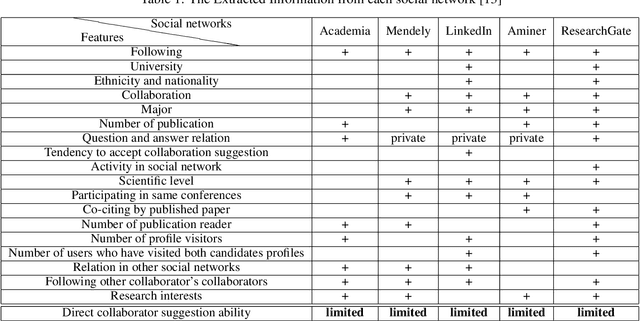
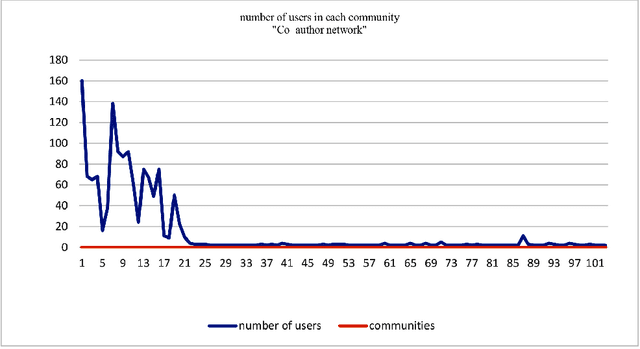
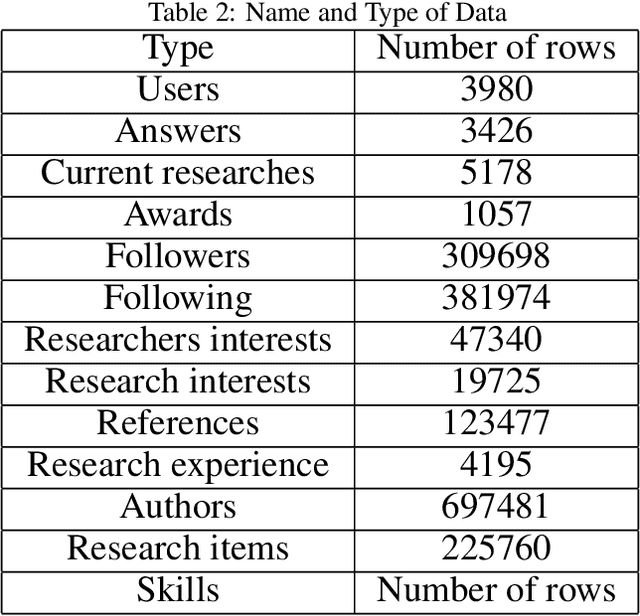
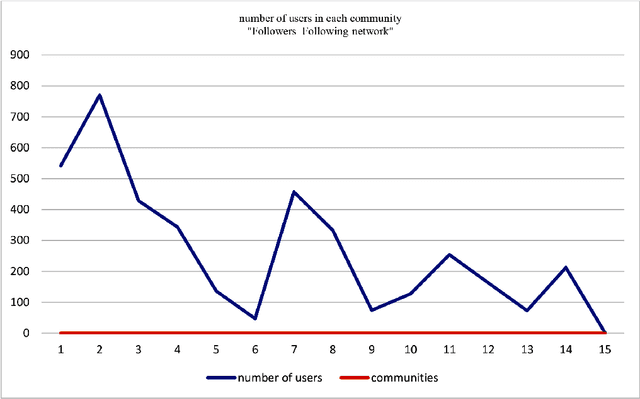
Abstract:Collaborator finding systems are a special type of expert finding models. There is a long-lasting challenge for research in the collaborator recommending research area, which is the lack of a structured dataset to be used by the researchers. We introduce two datasets to fill this gap. The first dataset is prepared for designing a consistent, collaborator finding system. The next one, called a co-author finding model, models an academic social network as a table that contains different relations between the pair of users. Both of them provide an opportunity for introducing potential collaborators to each other. These two models have been extracted from ResearchGate (RG) data set and are available publicly. RG dataset has been collected from Jan. 2019 to April 2019 and includes raw data of 3980 RG users. The dataset consists of almost complete information about users. In the preprocessing phase, the well-known Elmo was used for analyzing textual data. We call this as \textbf{R}esearch\textbf{G}ate dataset for \textbf{R}commending \textbf{S}ystems (\textbf{RGRS}). For assessing the validity of data, we analyze each layer of data separately, and the results are reported. After preparing data and evaluating the collaborator finding models, we have done some assessments on \textbf{RGRS}. Some of these assessments are co-author, following-follower, and question answering relations. The outcomes indicate that it is the best relation in propagating knowledge in the network. To the best of our knowledge, there is no processed and analyzed dataset with this size.
 Add to Chrome
Add to Chrome Add to Firefox
Add to Firefox Add to Edge
Add to Edge